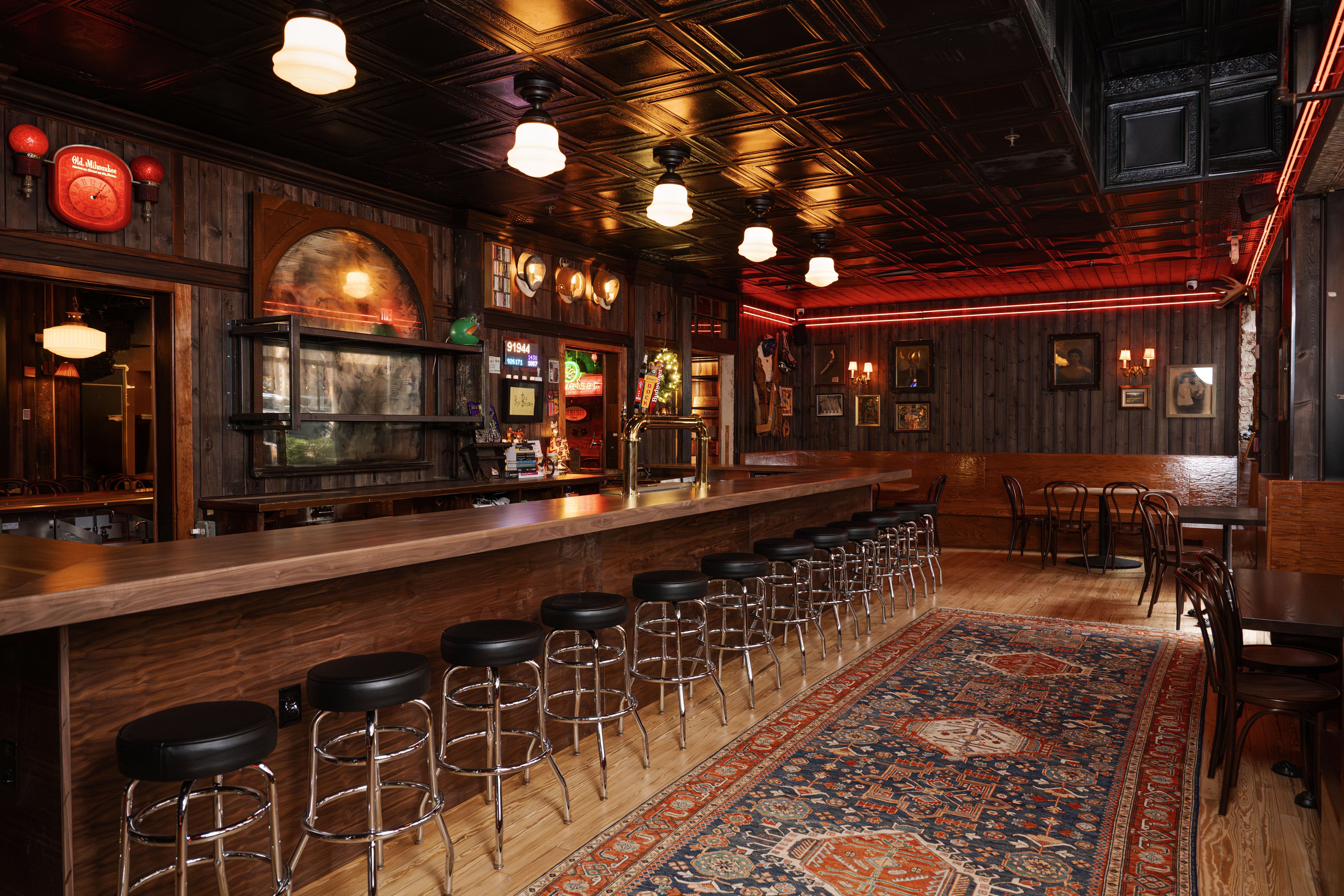When deciding what to bring for a meal at a friend’s house, it’s probably advisable to leave the stale bread at home. But “CBS Mornings” co-host Tony Dokoupil defied conventional wisdom, showing up with an old baguette for a recent lunch at the home of CBS News business analyst Jill Schlesinger.
He also brought chef and author Tamar Adler, who has carved a specialty out of cooking with leftovers. Her new book, “The Everlasting Meal Cookbook: Leftovers A-Z,” is scheduled to go on sale Tuesday.
“I’m so excited for this,” exclaimed Schlesinger, who agreed to allow Adler to rummage through her kitchen for neglected food that could be repurposed for another meal. “Every single person has this exact situation,” Adler told Dokoupil, describing a kitchen full of leftovers as “the state of every single person’s fridge and household.”
“The Everlasting Meal Cookbook” is published by a division of Simon & Schuster, which is owned by CBS parent company Paramount. In it, Adler shares her philosophy that “by having saved what’s left of an earlier meal, you are already cooking another one.”
She developed that philosophy as head chef of Farm 255 in Athens, Georgia. Often short on money and ingredients, Adler told Dokoupil she was often forced to improvise.
“We can’t afford to buy more stuff … and I just burnt the rice. That was my restaurant,” she said.
When asked what lesson home cooks can take away from that, Adler replied, “It’s like nobody cares at all what you cook. I mean, I think what people come over for is the experience of being served and that people love being hosted.”
The new cookbook includes more than 1,500 recipes for items like old hamburger patties, moldy tomatoes, banana peels and opened bags of potato chips.
With Jill Schlesinger looking on, Adler pulled several old containers of rubbery chicken, old noodles and soggy vegetables from her fridge. Adler also found some stale tortillas, which Schlesinger joked she could use “as a Frisbee.”
“This looks very promising,” Adler concluded while opening a tub of leftover Chinese takeout.
She then pulled from the freezer a frozen bagel which Schlesinger warned her is “not great, but … you do you, girl.”
Adler found more of what she called “treasures” in the cupboards, including several canned foods nearing their expiration dates and a bag of mixed nuts.
Utilizing the skills and experience that went into crafting “The Everlasting Meal Cookbook,” she planned three dishes, putting Dokoupil and Schlesinger to work chopping, shredding, and mixing.
An hour or so later, they sat down for a meal unrecognizable from the depressing state in which it began.
“You could do a multiple choice of like what was this before and people would struggle,” said Dokoupil. Schlesinger agreed.
The first dish was what started as overcooked chicken, shredded and mixed with corn, cilantro and lime – combined with take-out salsa and served on the tortillas, which were salvaged by frying them on the stove. The group agreed it tasted “like a great chicken tostada.”
The second dish began as leftover rice. Adler turned it into a salad by mixing it with olive oil, mustard, two kinds of herbs, and the mixed nuts – which were chopped.
The third dish included the frozen bagel and stale baguette – revived with a sprinkling of water and a little time in the oven. Sliced and rubbed with garlic, the bread was then topped with a mash of vegetables – including some from the leftover Chinese food.
“This to me is the most unbelievable transformation,” Schlesinger told the group, as they began to eat.
“It’s just cooking,” Adler said. “Although it’s true that I particularly like using what’s there and kind of, like, solving these problems, I think all cooking is actually problem-solving.”







